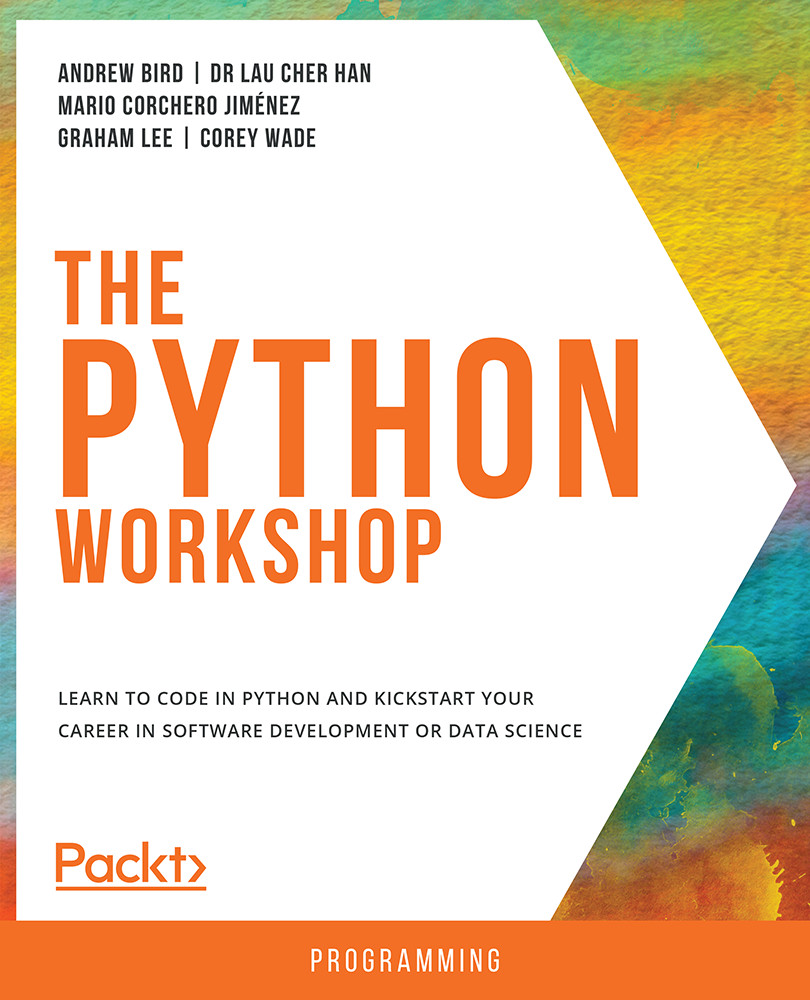-
Book Overview & Buying

-
Table Of Contents

The Python Workshop
By :

The Python Workshop
By:
Overview of this book
 Free Chapter
Free Chapter
 Sign In
Start Free Trial
Sign In
Start Free Trial


 Free Chapter
Free Chapter
Setting up an application or a library to log is not just good practice; it is a key task of a responsible developer. It is as important as writing documentation or tests. Many people consider logging the "runtime documentation"; the same way developers read the documentation when interacting with the DevOps source code, and other developers will use the log traces when the application is running.
Hardcore logging advocates state that debuggers are extremely overused, and people should rely more on logging, using both info and trace logs to troubleshoot their code in development.
The idea is that if you are not able to troubleshoot your code with the highest level of verbosity in development, then you may have issues in production that you won't be able to figure out the root issue of.
Logging is the best way to let the users of the running application know which state the process is in, and how it is processing its work. It can also...

Change the font size
Change margin width
Change background colour